With the worldwide Coronavirus outbreak, people are confused with a lot of notions about the virus, its effect on the body, what it does, how it spreads & a lot of other related questions. Medical experts are now able to diagnose the disease well & are providing effective treatment to the patients before their condition goes out of control. They have also released information through various resources, about how it starts & its actual effect on the human body so the masses around the world can be informant about the disease.
Here's how to check if you are suffering from coronavirus & know how does coronavirus affects the body. The article also speaks about, the tests conducted to diagnose coronavirus & statewide coronavirus test centers in India:
How to self-check?
If you have a normal cough it's not necessary that you are suffering from coronavirus. However amidst all the outbreak & the tension, one will definitely have second thoughts that he or she is beginning to show symptoms if they have cough. Here's how the doctors have laid instructions to check on yourself if you really are suffering from the disease:
- The symptoms mostly show from 2-14 days after exposure to the virus.
- You may experience cough & fever initially with a sore throat
- Further you may experience shortness of breath & difficulty in breathing
- You will also experience pressure in the chest & Fatigue
- If you think you have been infected...here's how you must self isolate yourself to prevent the virus from spreading onto others:
- Stay at home
- Avoid work, school, and other public areas
- Avoid public transport and taxis
- Get friends and family to delivery food, medicines, etc rather than going to the shops
- Discourage visitors
How does coronavirus affect the body
The effect of the virus on the body is determined by the age & immunity of the person. The mortality rate among the newborns & infants is the least, among adults, is moderate & high among senior citizens who are 60+.
If you have a medical history of hypertension, blood sugar, high blood pressure, asthma, then you are more prone to catching the disease.
The disease progresses in 3 stages:
1-Body aches, sore throat, and a headache are all possible. You will experience fever & dry cough.
2-The second stage is Pneumonia. At this stage water will start filling up your lungs, as a result, you will experience shortness of breath & difficulty in breathing.
3-You will experience Acute Respiratory Distress, caused by inflammation in the lungs. Your body stops getting enough oxygen it needs to survive. Your immune system will lose control and cause damage throughout the body, which can lead to septic shock when the blood pressure drops to dangerously low levels and organs stop working properly or fail completely. It can stop the kidneys from cleaning the blood and damage the lining of your intestines.
What tests are being done to diagnose coronavirus
The lab will acquire one of the following samples from you:
- A swab test: The lab will take a special cotton swab and sample the inside of the throat or nose
- A nasal aspirate: The lab will inject a saline solution into your nose, then remove the sample with gentle suction.
- A tracheal aspirate: A thin, lighted tube called a bronchoscope goes into your lungs, where a sample will be collected.
- A sputum test: Sputum is a variation of mucus from your lungs that can be coughed out or sampled from the nose with a swab.
How To Prevent Coronavirus
The novel coronavirus is primarily transmitted from person to person. At this point, the best way to prevent getting infected is to avoid being around people who have been exposed to the virus. You can take the following precautions to lower your risk of infection:
- Wash your hands thoroughly with soap and water for at least 20 seconds.
- Use hand sanitizer with at least 60 percent alcohol if the soap isn’t available.
- Avoid touching your face unless you’ve recently washed your hands.
- Stay clear of people who are coughing and sneezing. It is recommended that you stay at least 6 feet away from anyone who appears to be sick.
- Avoid crowded areas as much as possible.
- Carry a hand sanitizer with you to make frequent cleaning of your hands easily.
- Always wash your hands before you eat or touch your face.
- Be especially careful about touching things and then touching your face in busy airports and other public transport systems.
- Carry disposable tissues with you, cover your nose and mouth when you cough or sneeze and dispose of the tissue carefully (catch it, bin it, kill it)
- Do not share snacks from packets or bowls that others are dipping their fingers into.
- Avoid shaking hands or cheek kissing if you suspect viruses are circulating.
- Regularly clean not only your hands but also commonly used surfaces and devices you touch or handle.
Test Centers In India
Assam
1. Gauhati Medical College, Guwahati
2. Regional Medical Research Center, Dibrugarh
Bihar
1. Rajendra Memorial Research Institute of Medical Sciences, Patna
Chandigarh
1. Post Graduate Institute of Medical Education & Research, Chandigarh
Chhattisgarh
1. All India Institute Medical Sciences, Raipur
Delhi-NCR
1. All India Institute Medical Sciences, Delhi
2. National Centre for Disease Control, Delhi
Gujarat
1. BJ Medical College, Ahmedabad
2. M.P.Shah Government Medical College, Jamnagar
Haryana
1. Pt. B.D. Sharma Post Graduate Inst. of Med. Sciences, Rohtak, Haryana
2. BPS Govt Medical College, Sonipat
Himachal Pradesh
1. Indira Gandhi Medical College, Shimla, Himachal Pradesh
2. Dr.Rajendra Prasad Govt. Med. College, Kangra, Tanda, HP
Jammu and Kashmir
1. Sher-e- Kashmir Institute of Medical Sciences, Srinagar
2. Government Medical College, Jammu
Jharkhand
1. MGM Medical College, Jamshedpur
Karnataka
1. Bangalore Medical College & Research Institute, Bangalore
2. National Institute of Virology Field Unit Bangalore
3. Mysore Medical College & Research Institute, Mysore
4. Hassan Inst. of Med. Sciences, Hassan, Karnataka
5. Shimoga Inst. of Med. Sciences, Shivamogga, Karnataka
Kerala
1. National Institute of Virology Field Unit, Kerala
2. Govt. Medical College, Thiruvananthapuram, Kerala
3. Govt. Medical College, Kozhikode, Kerala
Madhya Pradesh
1. All India Institute Medical Sciences, Bhopal
2. National Institute of Research in Tribal Health (NIRTH), Jabalpur
Meghalaya
1. NEIGRI of Health and Medical Sciences, Shillong, Meghalaya
Maharashtra
1. Indira Gandhi Government Medical College, Nagpur
2. Kasturba Hospital for Infectious Diseases, Mumbai
Manipur
1. J N Inst. of Med. Sciences Hospital, Imphal-East, Manipur
Odisha
1. Regional Medical Research Center, Bhubaneswar
Puducherry
1. Jawaharlal Institute of Postgraduate Medical Education & Research, Puducherry
Punjab
1. Government Medical College, Patiala, Punjab
2. Government Medical College, Amritsar
Rajasthan
1. Sawai Man Singh, Jaipur
2. Dr. S.N Medical College, Jodhpur
3. Jhalawar Medical College, Jhalawar, Rajasthan
Tamil Nadu
1. King's Institute of Preventive Medicine & Research, Chennai
2. Government Medical College, Theni
Tripura
1. Government Medical College, Agartala
Telangana
1. Gandhi Medical College, Secunderabad
Uttar Pradesh
1. King's George Medical University, Lucknow
2. Institute of Medical Sciences, Banaras Hindu University, Varanasi
3. Jawaharlal Nehru Medical College, Aligarh
Note: The source for the list of testing centers is https://economictimes.indiatimes.com/news/politics-and-nation/list-of-all-centres-testing-for-coronavirus-in-india/articleshow/74609865.cms





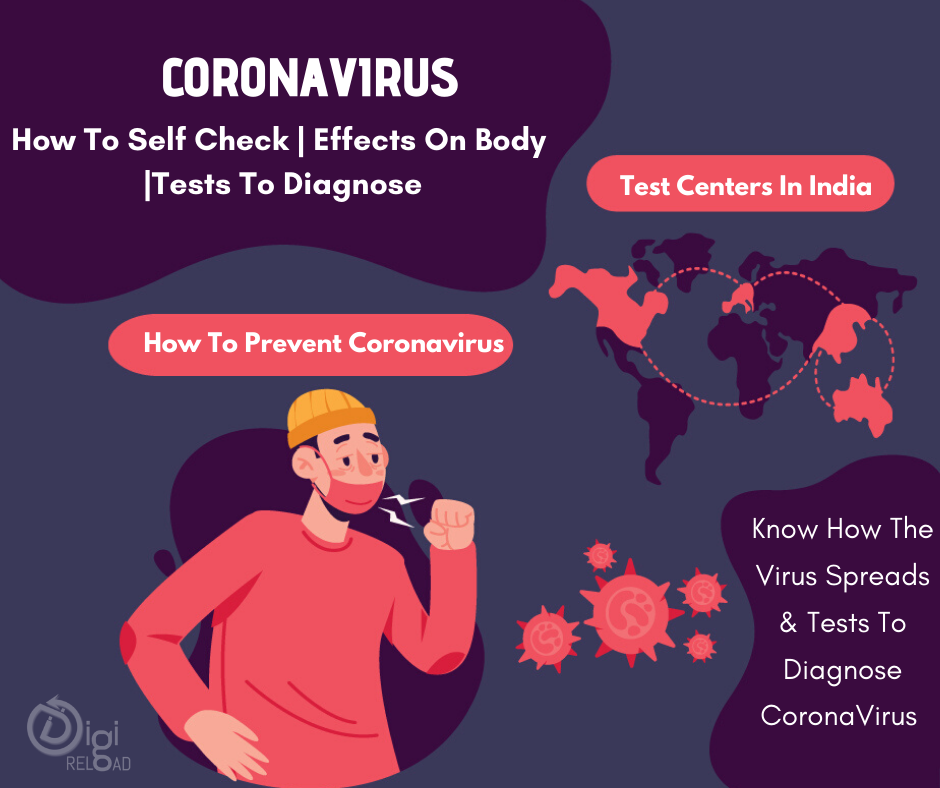
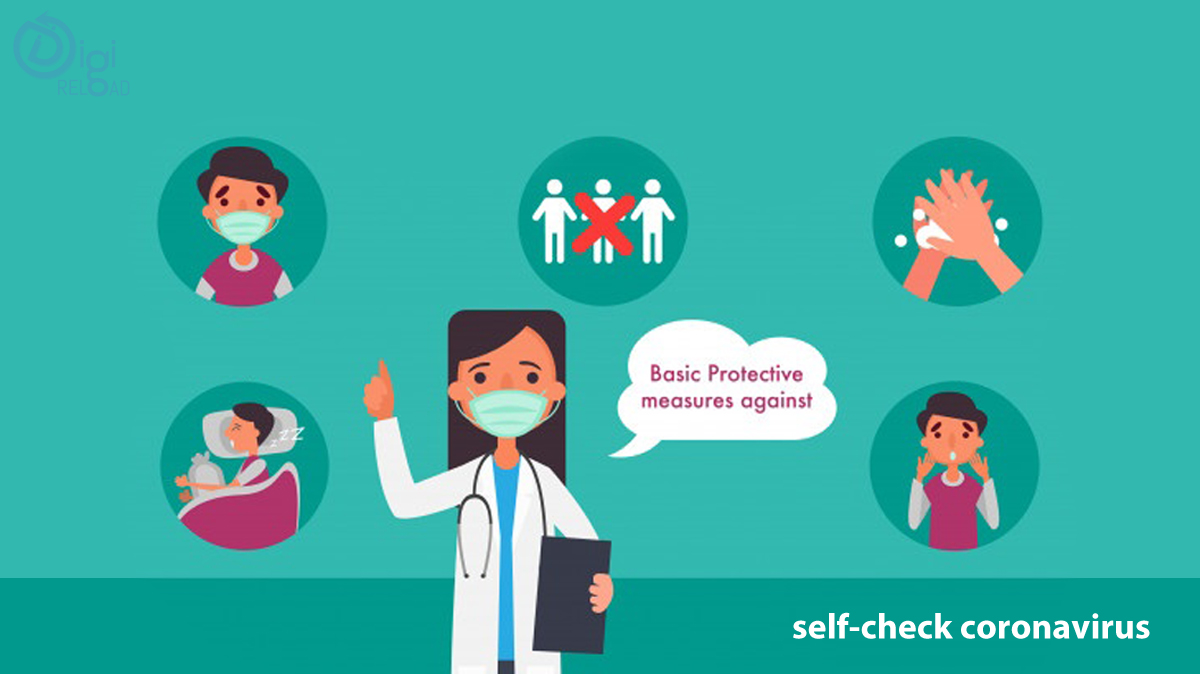
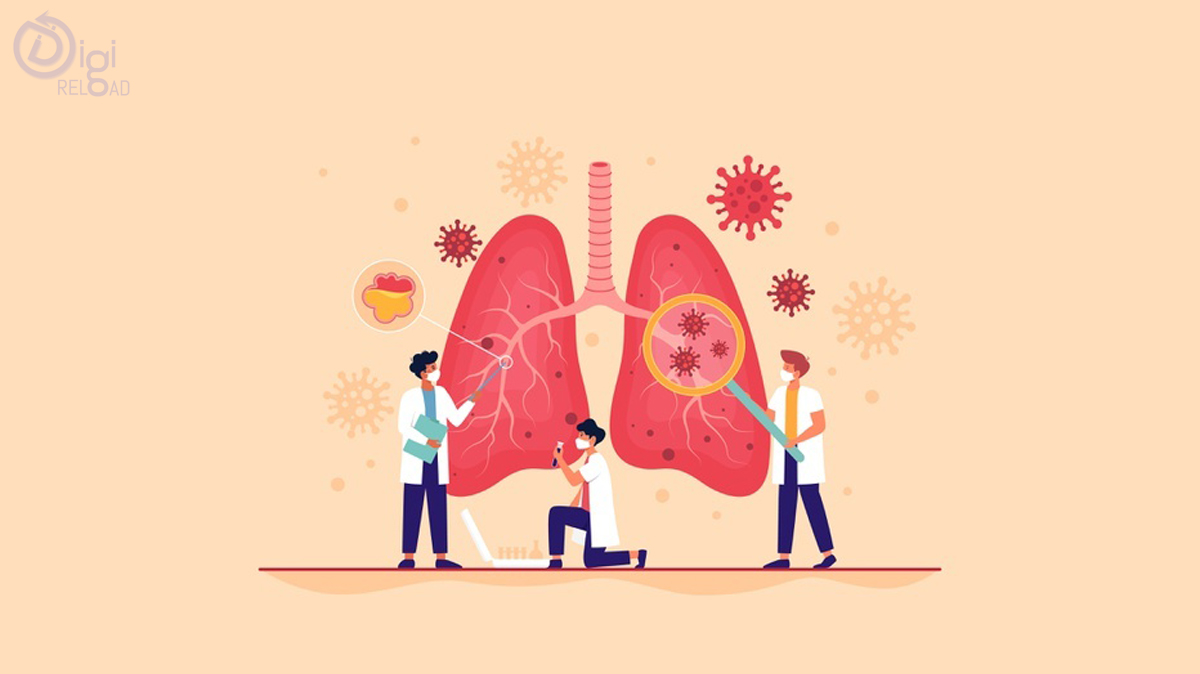
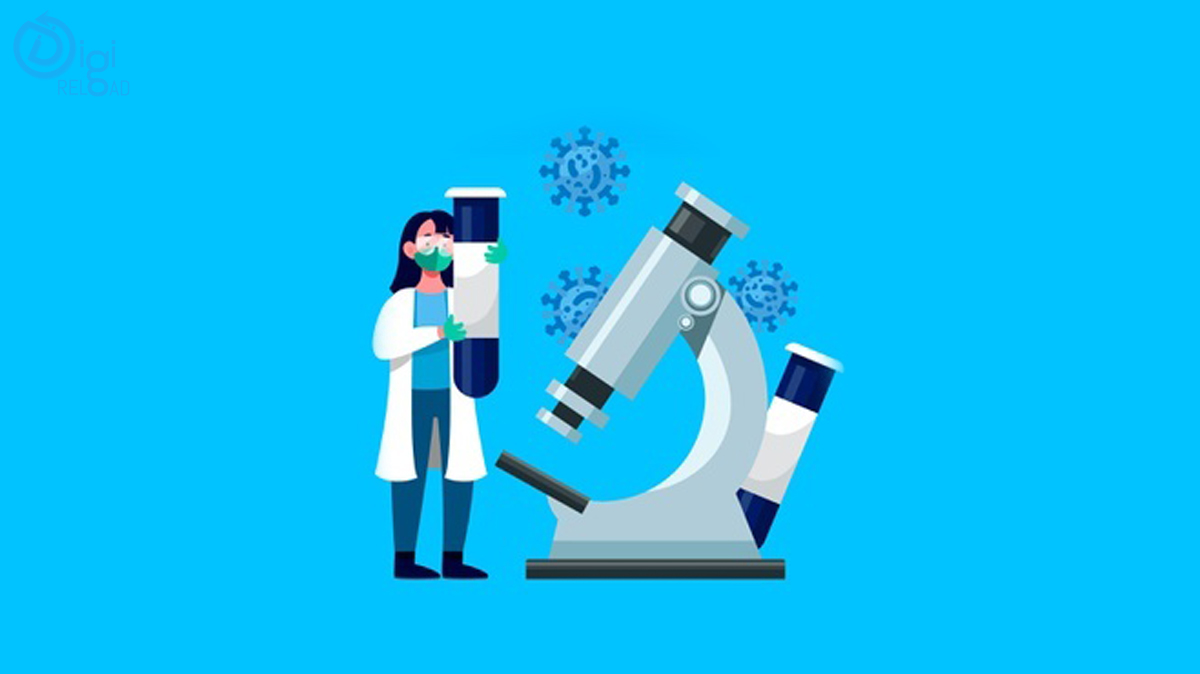
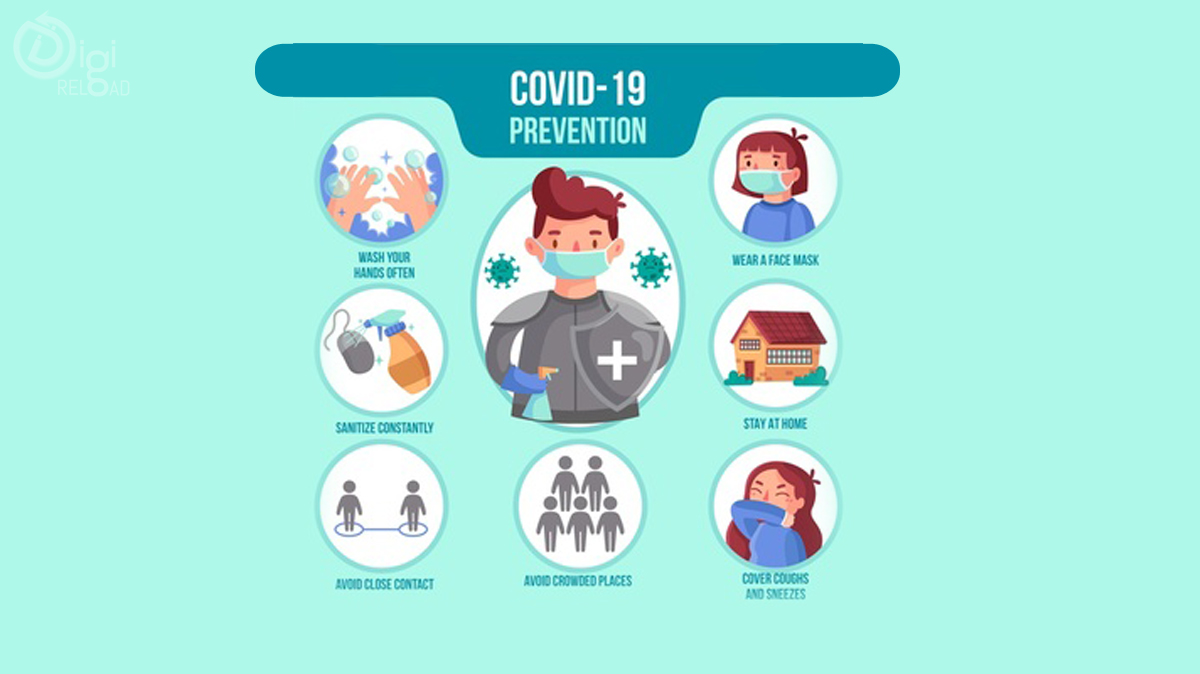






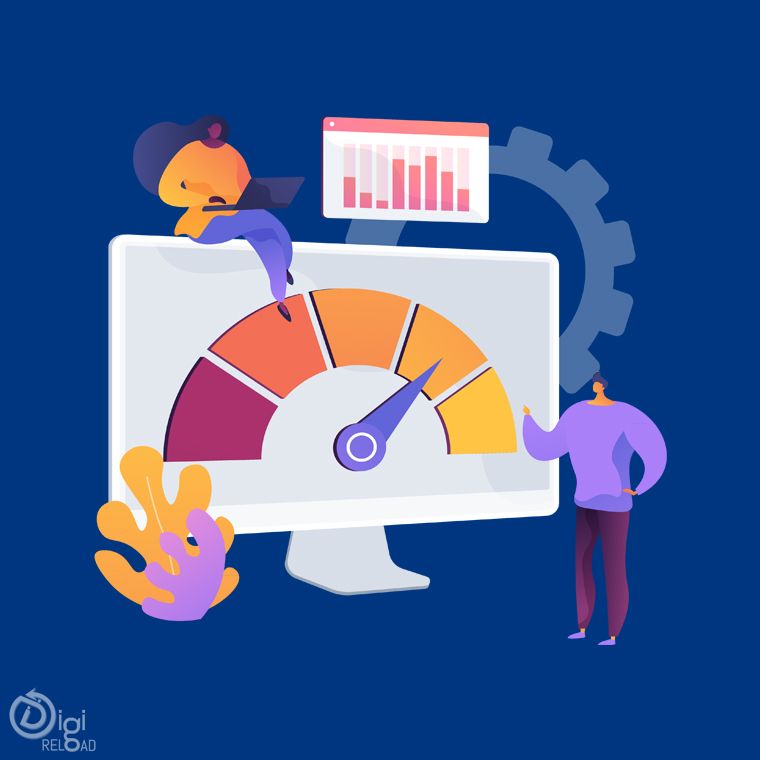

.png)